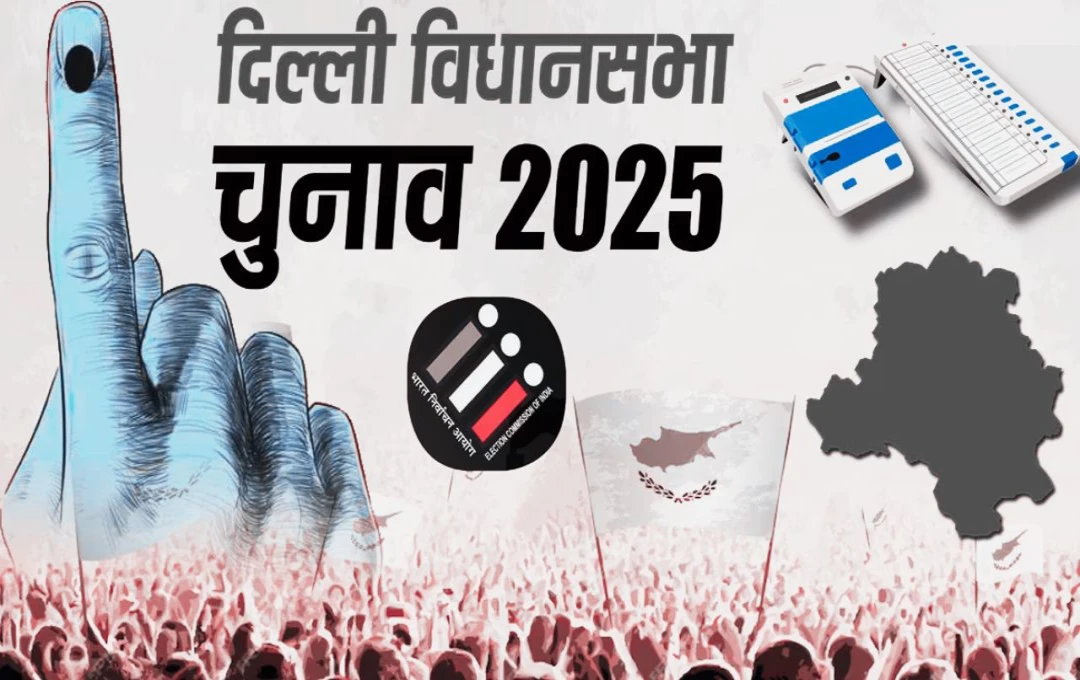The Supreme Court, in a significant observation, has stated that a husband cannot be denied dependent status solely because he is an able-bodied (physically healthy) man.
New Delhi: In a landmark judgment, the Supreme Court clarified that a husband who was dependent on his wife's income and lacked his own income source would be entitled to compensation. This decision challenges traditional societal notions that often assume the husband is always the breadwinner and the wife is dependent on him. The judgment broadens the definition of "dependent" in compensation cases.
What is the case about?
The case stems from a road accident on February 22, 2015. A woman, riding pillion on a bike, was severely injured in the accident and died two days later during treatment. Her husband and two minor children filed a compensation claim before the Motor Accident Claims Tribunal (MACT).
The MACT, in its judgment, ruled that the deceased's husband could not receive compensation because he was a 40-year-old "able-bodied man" and therefore could not be considered a dependent. Compensation was awarded only to the children. This decision was challenged by the insurance company, leading the case to the High Court and subsequently to the Supreme Court.
Supreme Court's Observation

A two-judge bench of the Supreme Court, comprising Justices Sudhanshu Dhulia and K. Vinod Chandran, significantly observed that simply stating the husband was able-bodied is insufficient. If he lacks direct evidence of income, he can be considered dependent on his wife's earnings.
The Court held that it is not equitable to automatically consider a person self-reliant based solely on gender and age. If a man was financially dependent on his wife, and no proof of his income exists, he should be considered a dependent. Based on this, the court deemed the husband and both children dependents, awarding a total compensation of ₹17,84,000.
Expansion of Legal Interpretation
In this judgment, the Supreme Court reiterated that terms like "legal representative" and "dependent" under the Motor Vehicles Act should not be interpreted narrowly. The court stated that the right to compensation should extend to all those financially dependent on the deceased's income, regardless of whether their legal relationship is defined within a traditional framework.
This decision may prove to be a significant milestone in India's judicial history, particularly in compensation cases. It offers relief to men who, for various reasons, were unable to earn and depended on their spouse's income. This marks another step towards gender equality in society.














